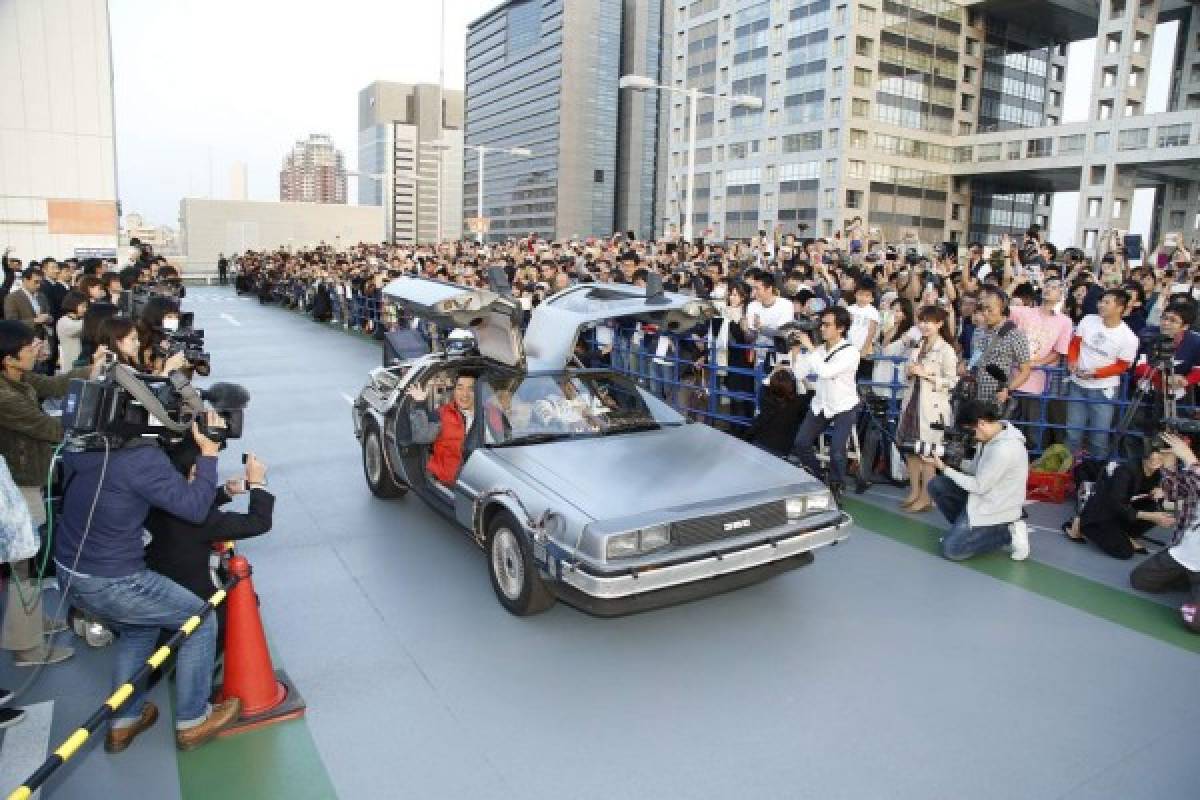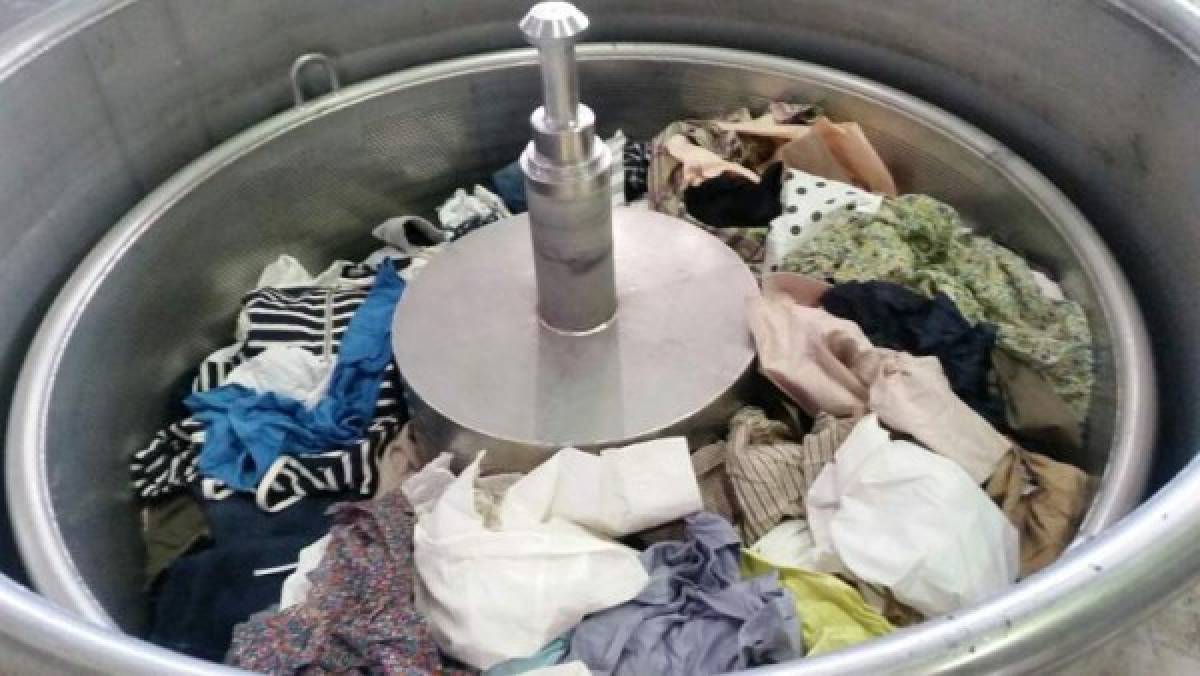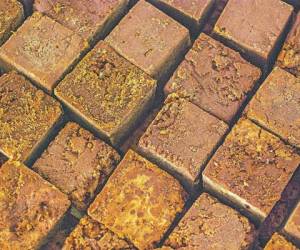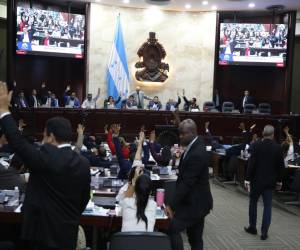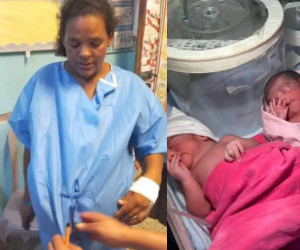Tokyo, Japan
When Michihiko Iwamoto worked for a trading house specializing in textiles, he became involved in producing work clothes with threads made from PET bottles.
This got him thinking, why not 'circulate everything' by returning all used items to their original state and putting them into new products to sell. Ten years ago, Iwamoto co-founded Japan Environment Planning (Jeplan Inc.), a venture company to promote recycling.
The key to Jeplan's business is maintaining Iwamoto's philosophy to circulate everything, while keeping enjoyment in mind.
The firm, based in Tokyo, has expanded its business and is generating interest among the public thanks to its eye-catching projects, such as creating a replica of the garbage-powered time machine car that appeared in the 1985 U.S. mega-hit film “Back to the Future.”
Iwamoto, now the firm's chairman, was formerly a sales promotion staff member at a textile trading house. He began to tackle recycling in earnest after Japan’s Containers and Packaging Recycling Law took effect in 1995.
The law stipulates the roles of consumers, businesses and municipalities in decreasing the volume of containers and packaging, which accounts for about 60 percent of household garbage, according to the Japanese Ministry of Economy, Trade and Industry. Consumers sort their refuse into bottles, cans, PET bottles and other items. Municipalities collect the garbage, which businesses then produce new products from.
Iwamoto realized that the participation of several companies would be necessary to achieve his vision. Yet major companies hesitated to become involved in projects they deemed too risky, so he began to think about founding a company on his own.
At that time, Iwamoto met Masaki Takao, then a graduate student at the University of Tokyo, who was majoring in technology and management. In those days, bioethanol was starting to attract increasing attention.
Takao was sure that it was technologically feasible to produce ethanol from cotton, one of the major raw materials in clothing. The idea behind Jeplan was born.
Many years have passed since the concept of a “resource-circulating society” was developed. Yet concrete progress towards this model is making too little headway, according to Iwamoto. “It’s because people are tackling the issue from different angles,” he says. If Jeplan is successful in circulating everything and, as a result, shows its overall contribution even on a small-scale, people will easily understand what they are doing and have an incentive to participate, he explains.
One example Jeplan has taken is clothing. UNEP reports that “fashion feeds a growing industry and ranks textile and clothing as the world’s second-biggest economic activity for intensity of trade ($353 billion in 2001).” Of the world’s textile products, 60 percent are made of polyester and 30 percent come from cotton. The environmental costs for the production of these textiles are huge, yet only a very small percentage of used clothing currently gets recycled.
Jeplan places collection boxes in retail outlets, and consumers drop off clothing there for recycling. This used clothing is sent to the firm’s factories in Imabari, Ehime Prefecture. There cottons are reborn as ethanol, used as an energy source.
Polyester has so far been processed at the factory of a cooperative company for recycling. However, Jeplan is scheduled to complete its own factory in Kita-Kyushu this year to recycle polyester.
It was not an easy road until retailers eventually agreed to put collection boxes in their outlets. As the project was unprecedented, it was difficult to obtain their understanding. It took nearly two years for Jeplan to acquire the first agreement, which came from the retailer Ryohin Keikaku Co., which trades under the name Muji.
Since then, however, the number of retailers that have already set up collection boxes in their stores (or have agreed to do so shortly) has increased to 70.
Jeplan is not only processing products for recycling but is also developing new products. One is an umbrella whose plastic components are strong and replaceable. The concept of this product is, “Let’s use it enjoyably”, by replacing the plastic parts.
The stance of tackling projects “enjoyably” can be seen throughout Jeplan’s activities.
Inspired by the movie, “Back to the Future” - in which a car that runs on garbage transports passengers from 1985 to 2015 - Iwamoto directly negotiated with Hollywood companies and succeeded in conducting a joint project with NBC Universal. He purchased a DeLorean automobile to replicate the vehicle in the movie.
On October 21, 2015 - the destination date of the time-travel trip depicted in the second film in the series - Iwamoto held an event to drive the DeLorean on ethanol made from T-shirts. Prior to the event, he toured the country with a caravan featuring the famed car.
He allowed people to climb in the DeLorean to be photographed on the condition that they donated old T-shirts- to be used as fuel for the car- and was so successful that he amassed the number of T-shirts that are usually collected in an entire year in less than three months.
From the collection and recycling of used materials to the development of new products and the staging of events, Jeplan’s unique ideas for 'circulating everything' are continuing to grow.
When Michihiko Iwamoto worked for a trading house specializing in textiles, he became involved in producing work clothes with threads made from PET bottles.
This got him thinking, why not 'circulate everything' by returning all used items to their original state and putting them into new products to sell. Ten years ago, Iwamoto co-founded Japan Environment Planning (Jeplan Inc.), a venture company to promote recycling.
The key to Jeplan's business is maintaining Iwamoto's philosophy to circulate everything, while keeping enjoyment in mind.
The firm, based in Tokyo, has expanded its business and is generating interest among the public thanks to its eye-catching projects, such as creating a replica of the garbage-powered time machine car that appeared in the 1985 U.S. mega-hit film “Back to the Future.”
Iwamoto, now the firm's chairman, was formerly a sales promotion staff member at a textile trading house. He began to tackle recycling in earnest after Japan’s Containers and Packaging Recycling Law took effect in 1995.
The law stipulates the roles of consumers, businesses and municipalities in decreasing the volume of containers and packaging, which accounts for about 60 percent of household garbage, according to the Japanese Ministry of Economy, Trade and Industry. Consumers sort their refuse into bottles, cans, PET bottles and other items. Municipalities collect the garbage, which businesses then produce new products from.
Iwamoto realized that the participation of several companies would be necessary to achieve his vision. Yet major companies hesitated to become involved in projects they deemed too risky, so he began to think about founding a company on his own.
At that time, Iwamoto met Masaki Takao, then a graduate student at the University of Tokyo, who was majoring in technology and management. In those days, bioethanol was starting to attract increasing attention.
Takao was sure that it was technologically feasible to produce ethanol from cotton, one of the major raw materials in clothing. The idea behind Jeplan was born.
Many years have passed since the concept of a “resource-circulating society” was developed. Yet concrete progress towards this model is making too little headway, according to Iwamoto. “It’s because people are tackling the issue from different angles,” he says. If Jeplan is successful in circulating everything and, as a result, shows its overall contribution even on a small-scale, people will easily understand what they are doing and have an incentive to participate, he explains.
One example Jeplan has taken is clothing. UNEP reports that “fashion feeds a growing industry and ranks textile and clothing as the world’s second-biggest economic activity for intensity of trade ($353 billion in 2001).” Of the world’s textile products, 60 percent are made of polyester and 30 percent come from cotton. The environmental costs for the production of these textiles are huge, yet only a very small percentage of used clothing currently gets recycled.
Jeplan places collection boxes in retail outlets, and consumers drop off clothing there for recycling. This used clothing is sent to the firm’s factories in Imabari, Ehime Prefecture. There cottons are reborn as ethanol, used as an energy source.
Polyester has so far been processed at the factory of a cooperative company for recycling. However, Jeplan is scheduled to complete its own factory in Kita-Kyushu this year to recycle polyester.
It was not an easy road until retailers eventually agreed to put collection boxes in their outlets. As the project was unprecedented, it was difficult to obtain their understanding. It took nearly two years for Jeplan to acquire the first agreement, which came from the retailer Ryohin Keikaku Co., which trades under the name Muji.
Since then, however, the number of retailers that have already set up collection boxes in their stores (or have agreed to do so shortly) has increased to 70.
Jeplan is not only processing products for recycling but is also developing new products. One is an umbrella whose plastic components are strong and replaceable. The concept of this product is, “Let’s use it enjoyably”, by replacing the plastic parts.
The stance of tackling projects “enjoyably” can be seen throughout Jeplan’s activities.
Inspired by the movie, “Back to the Future” - in which a car that runs on garbage transports passengers from 1985 to 2015 - Iwamoto directly negotiated with Hollywood companies and succeeded in conducting a joint project with NBC Universal. He purchased a DeLorean automobile to replicate the vehicle in the movie.
On October 21, 2015 - the destination date of the time-travel trip depicted in the second film in the series - Iwamoto held an event to drive the DeLorean on ethanol made from T-shirts. Prior to the event, he toured the country with a caravan featuring the famed car.
He allowed people to climb in the DeLorean to be photographed on the condition that they donated old T-shirts- to be used as fuel for the car- and was so successful that he amassed the number of T-shirts that are usually collected in an entire year in less than three months.
From the collection and recycling of used materials to the development of new products and the staging of events, Jeplan’s unique ideas for 'circulating everything' are continuing to grow.
